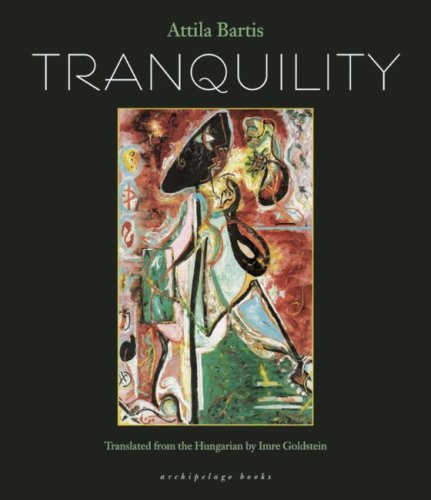An interview with Tibor Keresztury and Judit Székely:
Is it not possible that the best minds of any given age have felt exactly the same way as you feel, since time immemorial? Is it not possible that the milieu is always like this, and it is only in retrospect that certain ages seem more attractive than others?
I am not saying that the past is brilliant – the recent past, for instance, almost killed me. But those people, living under oppression, had that something about them that gave you hope that the democratic ideals we envisaged at the time could build us a country which is more tolerable when measured by the moral and aesthetic expectations we held. But let me repeat – I would in no way like to idealise what we had at the time. How could I? I would much rather say that we have now lost by the wayside even what little we had – all that once prevented people from becoming blinded by their situation. We have lost whatever used to stop people from selling their dignity for a spoonful of gold or a spoonful of free soup – whatever they have in their spoons. And, to return to your question, I am sure it is true. I am sure all independent spirits felt in their own age that the society they had been granted was intolerable and that this could easily lead to the conclusion that all human societies are intolerable unless they exist by the highest moral and aesthetical standards. This seems true not only with regard to Western civilisations. It seems to hold true for Oriental cultures, too. Confucian himself repeatedly refers his readers to the early Zhou period, directly preceding his own, as an ideal age which his contemporaries should set their standards by. And Confucian, who created the poetic vision of the most elevated moral system in the world, lived in the sixth and fifth centuries before Christ.
In a situation like this, what do writing and literature give you? What do books mean? Obviously, not the way out. Nor does writing function as a form of personal salvation for you. Then, shall we say it is the gentlest form of rebellion? Or does it play the role of issuing certain signals?
Whenever I manage to state my view in its full extent, my partner in conversation, anywhere in the world, invariably reminds me, “If you paint such a gloomy picture of the world, then why write?” This is a subtle way of asking why I don’t shoot myself in the head right there and then, and indeed, why I hadn’t done so a long while ago. My critical remarks do not mean that I think or have ever thought that literature could directly interfere with the workings of the society it criticises or rejects. The impact that a writer can exert over his or her own society is far more subtle, almost indecipherably complex and indirect, working through a number of transformations. I even doubt whether at such a degree of remoteness you can still call this an impact and an influence. In Oriental cultures, this question has found an almost radical solution: art had absolutely nothing to do with the direct, palpable reality of its own age. On the contrary, real artists were not “members” of their own society, in the same way that saints never are. This way, the art they produced did not exist as an integrated, definable, graspable part of society. Instead, it found its place in an emphatically spiritual space which nonetheless was still perceived as a part of reality.
